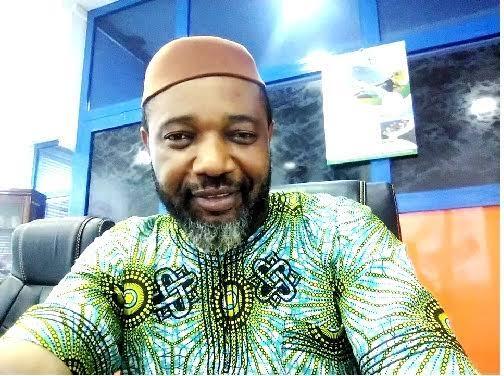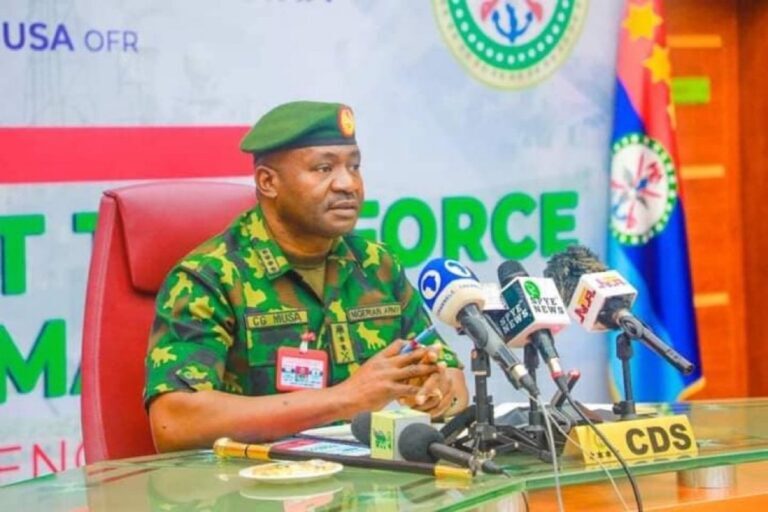Nweke stated this on Thursday in Lagos during the Fifth Town Hall Meeting, organised by JournalNG.
According to him, 24-hour port operations are achievable if the government issues a clear directive to this effect.
He added that a regulatory agency should be assigned to monitor and evaluate port operations for effective supervision.
“When responsibilities are clear, operators are guided. It’s not enough for government to issue orders without monitoring or enforcement,” he said.
Nweke stressed that political will is crucial for Nigeria to realise round-the-clock port activities.
He urged government agencies to treat port transformation as a priority and for stakeholders to see it as essential.
According to him, collaboration among stakeholders is key to achieving full-day port operations.
He said bottlenecks delaying the process must be addressed promptly, with sanctions where necessary.
Nweke added that ports are meant for commercial activity, and proper infrastructure must replace unnecessary human involvement.
He called on the government to upgrade port infrastructure to improve efficiency and user experience.
Also speaking, the Chairman of the Nigeria Ports Consultative Council (NPCC), Mr Bolaji Sumola, said 24-hour port operations are now a necessity.
Sumola noted that a strategic approach based on technology, sustainability, and alignment would make Nigerian ports more efficient and secure.
As NPCC Chairman, he reaffirmed his commitment and called on all stakeholders to support the transformation.
However, Assistant Comptroller of Nigeria Customs Service (NCS), Abass Oladepo, said customs already operates a 24-hour system.
Oladepo said the PTML Command had introduced two-hour cargo clearance, with average port clearance under six hours annually.
The town hall meeting, B’Odogwu, was aimed at educating stakeholders about the Customs transformation programme.
Importers were advised to make honest declarations to ensure quicker cargo clearance, possibly within minutes.
Managing Director of ENL Consortium, Mr Mark Walsh, urged Nigerian banks to speed up port-related payments.
He praised the Federal Government and NPA for port modernisation but stressed the need for constant lighting at terminals.
Walsh said proper lighting was crucial for night-time security and to reduce reliance on generators.
Mr Ahmed Ogunsola, General Manager of the Trade Modernisation Project (TMP), urged joint efforts to resolve issues delaying 24-hour operations.
He said TMP works with NCS to build capacity and provide technology for efficient cargo clearance.
Ogunsola affirmed that collaboration among port users makes round-the-clock operations attainable.
He added that TMP had an agreement with the Federal Government to provide 67 scanners, five of which had arrived.
In his opening speech, JournalNG Publisher, Mr Ismail Aniemu, said the forum helped generate policy guidance through stakeholder engagement.
Aniemu said Nigeria must convert its ports into smart ports, with experts ready to support the initiative.
He said that some port users already operate 24 hours, and such efforts must be sustained collectively. (NAN)










